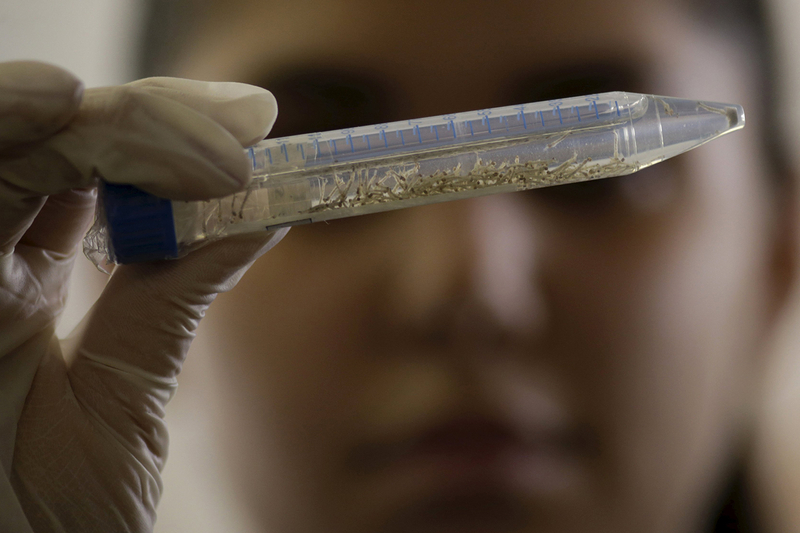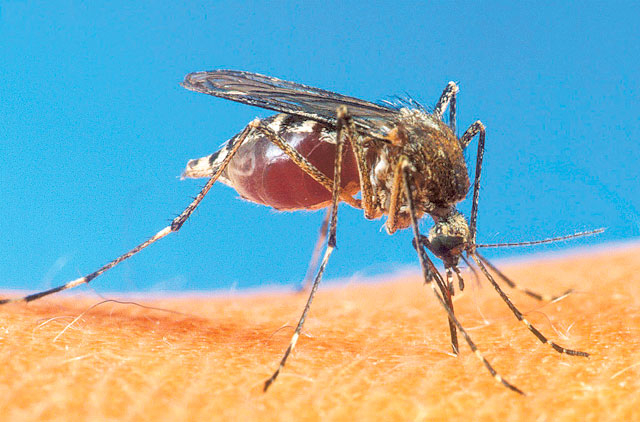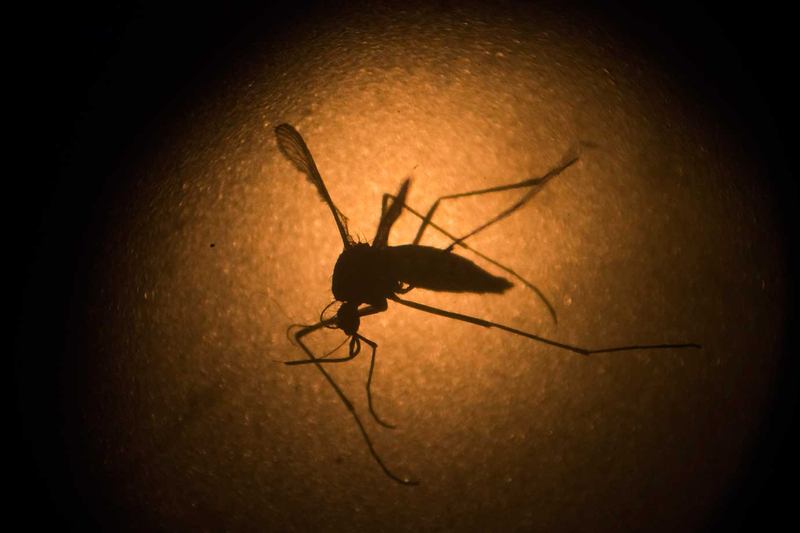_resources1_16a4a165425_original-ratio.jpg)
Like Our Facebook Page For Latest News
Dubai: The surly rise of mosquitos this week have taken Dubai residents aback with the constant nuisance of buzzing, bites and bumps.
On Wednesday, residents living in Jumeirah and the new areas of Dubai complained of a mosquito infestation as the largely outdoor problem has now entered people’s homes.
Jumeirah resident A.B. said the mosquito issue has especially increased this past week. “My two-year old baby regularly wakes up crying from the mosquito bites. The other day we had to rush him to the hospital due to an outbreak all over his body. The doctor said it was a severe allergic reaction to mosquitoes.”
Other affected residential communities include Jumeirah Village Triangle (JVT), The Lakes, Meadows, Springs and Emirate Hills, who have all spotted a surge in mosquitos.
R.B, a resident of The Lakes, said: “I have been living in the community for years… and face mosquito problems every now and then. Emaar is doing regular fogging and pest control, however, they are an issue.”
The rise of mosquitos at this time of year should not cause alarm, as it is a regular occurrence that takes place when the weather gets cooler and stagnant water accumulates.
For long, residents of Developers of these communities regularly conduct fogging and pest control treatments to ensure minimal invasion of these pests. However, the problem continues and residents are not happy.
Speaking to Gulf News, Elmahi Gubran, specialist at Dubai Municipality’s Public Health Services Department, said the municipality is currently carrying out pest control across 10 different sections of the city.
The pest control is part of a campaign carried out in collaboration with the Ministry of Health, as well as the Ministry of Climate Change and Environment.
“We started the three-month campaign at the end of December, and are targeting all areas of Dubai, including free zones, commercial and residential areas. The campaign also includes spreading awareness on how to prevent mosquitos from infesting homes, as stagnant water is a breeding ground for insects,” said Gubran.
The UAE was certified to be malaria-free in January 2007. In 2016, health officials confirmed 5,000 people had been treated for malaria, who were infected either on their visit back home or from travelling to countries and regions where the disease is still endemic.
Mosquito-borne diseases
Malaria
_resources1_16a4a165425_original-ratio.jpg)
Image Credit: Supplied
Malaria, a life-threatening disease is a major public health problem around the world. Malaria is typically transmitted through a bite of an infected Anopheles mosquito. Infected mosquitoes carry the Plasmodium parasite and when this mosquito bites you, the parasite is released into your bloodstream. Symptoms of malaria include shaking chills, aching muscles, tiredness, headaches and nausea. This infection can lead to kidney failure, seizure, coma, or death if not treated promptly.
Zika virus

Image Credit: Reuters
Though Dubai is at very little risk of being exposed to Zika virus, doctors still warn about this virus to women who are pregnant or plan to have children as this infection during pregnancy can cause infants to be born with congenital malformations, known as congenital Zika syndrome. The Zika virus is also associated with other complications of pregnancy including pre-term birth and miscarriage.
West Nile Virus

Image Credit: AFP
A mosquito bite can turn into something much more severe if it infects you with the West Nile virus. Mosquitoes transmit this virus by biting an infected bird and then biting a person. Severe symptoms can involve fever, confusion, muscle weakness, vision loss, paralysis, and coma.
Yellow Fever
Yellow fever is a serious, potentially deadly flu-like disease spread by mosquitoes. It’s characterized by a high fever and jaundice. Jaundice is yellowing of the skin and eyes, which is why this disease is called yellow fever. Symptoms may include headaches, joint aches, chills and muscle aches. There is an extremely effective vaccine available in Dubai for Yellow Fever.
Dengue

Image Credit: AP
Dengue fever, also known as break bone fever, is a mosquito-borne infection that can lead to a severe flu-like illness. It is caused by four different viruses and spread by Aedes mosquitoes. Symptoms range from mild to severe. Severe symptoms include dengue shock syndrome (DSS) and dengue haemorrhagic fever. These usually require hospitalisation.
Like Our Facebook Page For Latest News
The post Massive surge of mosquitoes are back in Dubai, bugging residents appeared first on The Wealth Land.



GIPHY App Key not set. Please check settings